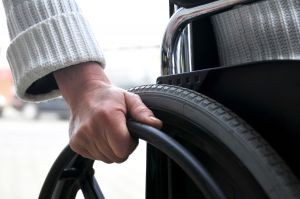 Under Florida law, if a workplace injury was occasioned primarily by the influence of alcohol or drugs, workers’ compensation benefits can be denied. Section 440.09(3), Florida Statutes (2018) (Interestingly, while this section provides that “Compensation is not payable,” with section 440.02(7) defining “Compensation” as “the money allowance payable to an employee or to his or her dependents,” the law is used to deny all workers’ compensation benefits, including medical benefits. The issue was addressed in Gustafson’s Dairy, Inc. v. Phillips, where “Compensation” was interpreted to include both medical and indemnity benefits.) It is a popular defense.
Under Florida law, if a workplace injury was occasioned primarily by the influence of alcohol or drugs, workers’ compensation benefits can be denied. Section 440.09(3), Florida Statutes (2018) (Interestingly, while this section provides that “Compensation is not payable,” with section 440.02(7) defining “Compensation” as “the money allowance payable to an employee or to his or her dependents,” the law is used to deny all workers’ compensation benefits, including medical benefits. The issue was addressed in Gustafson’s Dairy, Inc. v. Phillips, where “Compensation” was interpreted to include both medical and indemnity benefits.) It is a popular defense.
Typically, some level of medical care is provided before the workers’ compensation insurance carrier becomes aware of the drug and alcohol test results. For example, our firm is handling a roofing accident resulting in paraplegia for which nearly $200,000 in authorized medical care was provided before a positive test result became known.
We believe that the carrier may be responsible for the medical expenses. Our position is based on section 440.102(5)(p), Florida Statutes, which provides in pertinent part as follows:
“All authorized remedial treatment, care, and attendance provided by a health care provider to an injured employee before medical and indemnity benefits are denied under this section must be paid for by the carrier or self-insurer.”
 Florida Injury Attorney Blawg
Florida Injury Attorney Blawg










